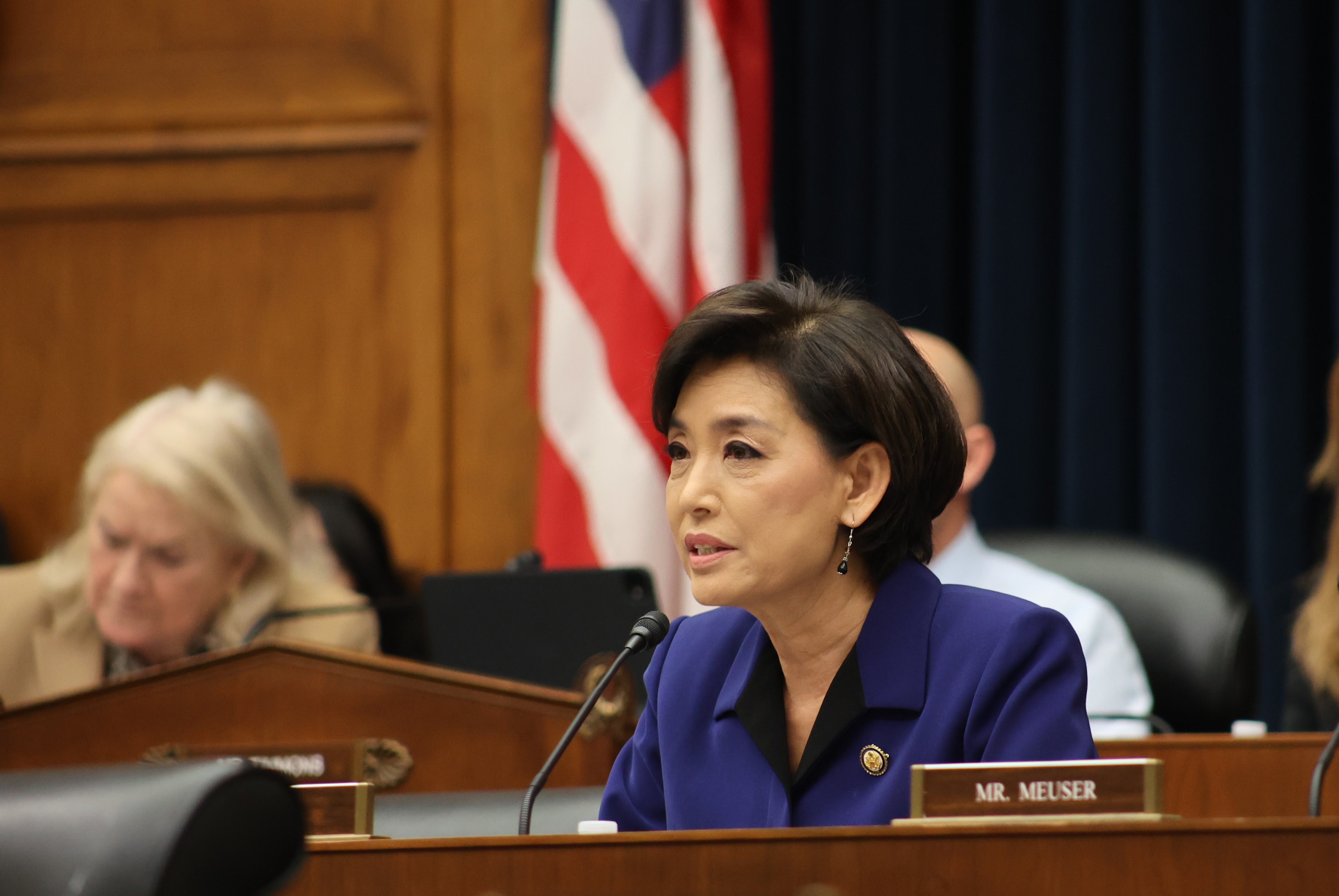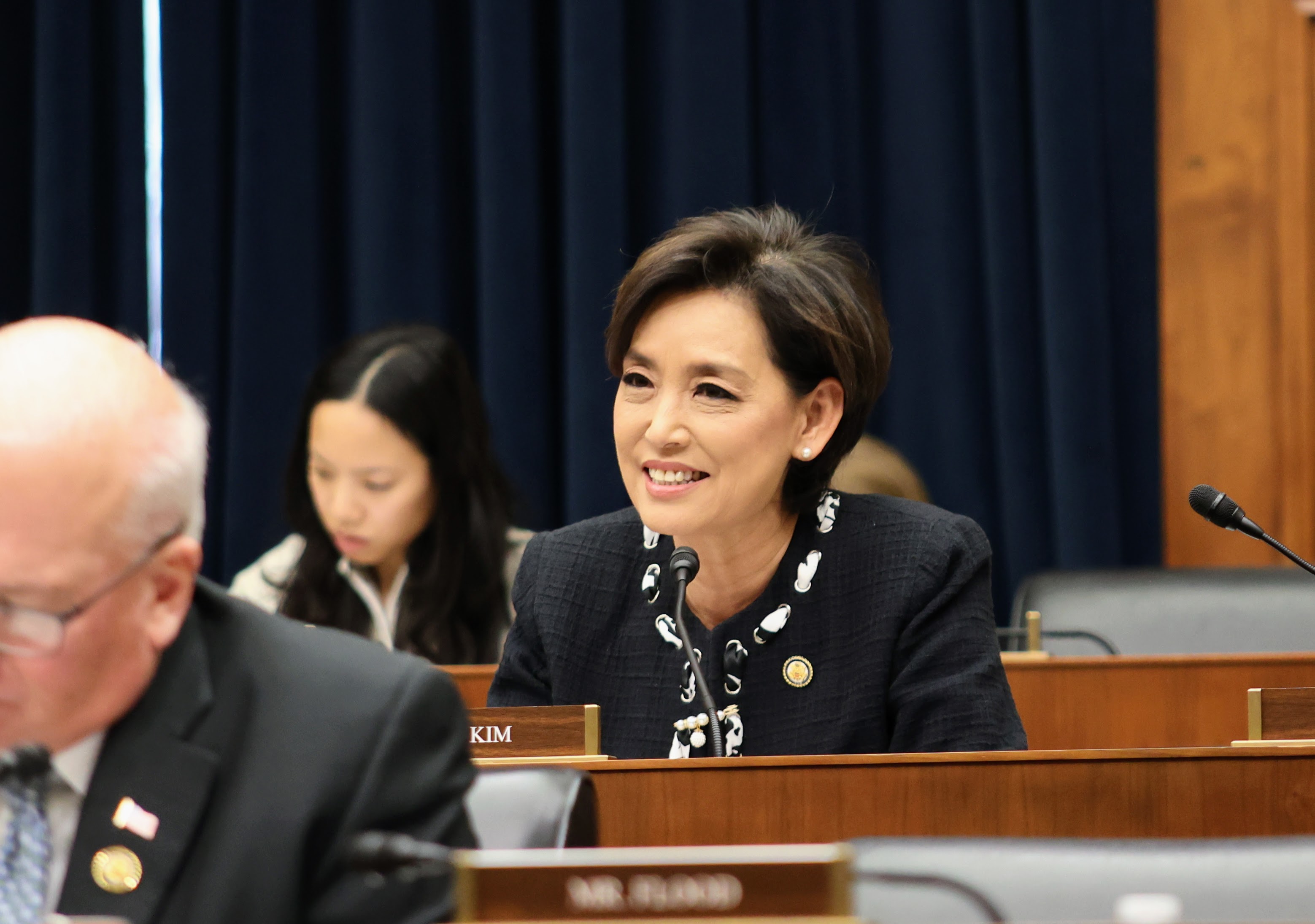Secretary of State Antony Blinken’s team faces growing congressional pressure to reveal its analysis of the Chinese spy balloon shot down after violating U.S. airspace earlier this year.
“They have had months to figure [it] out,” Rep. Brad Sherman (D-CA), a member of the House Foreign Affairs Committee, said during a Tuesday hearing. “And they haven’t told you. And they haven’t told me what was on the balloon.”
Sherman’s questioning underscored bipartisan impatience with the silence that has descended around the spy balloon in the months since its detection cast U.S.-China relations into an uproar. And if the senior Democrat maintained a collegial posture throughout his questioning, Blinken’s point man for the East Asian and Pacific Affairs Bureau faced persistent pressure to justify the U.S. diplomatic approach to China in the face of suspicious Republicans.
“I am worried about the growing trend of the State Department not being forthcoming with information about its engagements with the PRC, or actions taken by the PRC that directly affect U.S. national security, such as the spy balloon,” Rep. Young Kim (R-CA), who chairs the Foreign Affairs subcommittee for the Indo-Pacific, said to launch the hearing. “And to properly compete with China, the U.S. government must be in lockstep and communicating openly across branches about the threat the PRC presents, rather than prioritizing fruitless engagement with our counterparts in Beijing.”
The balloon proved disruptive in the days following its entry into U.S. airspace, as it caught the attention of a Montana photographer and continued to preoccupy U.S. officials and citizens on the ground who could watch its slow progress through American skies. That spectacle prompted Blinken to postpone a planned trip to meet with Chinese General Secretary Xi Jinping, who did not grant an audience again until last month.
“That chapter should be closed,” Blinken told NBC last month during the long-delayed visit to Beijing. “I think one of the things that balloon caused, not so much that it got shot down, but I don’t think leadership knew where it was and knew what was in it and knew what was going on. … I think it was more embarrassing than it was intentional.”
That statement drew criticism from Republican lawmakers who implied that Blinken is trying to spare China any further embarrassment in exchange for diplomatic talks.
“I am perplexed by the Biden administration’s obsession with high-level dialogue with the CCP when Beijing is clearly ramping up its hostility despite these talks,” Rep. Andy Barr (R-KY) asked during the hearing. “Did any Chinese official ever condition or imply that rescheduling the Secretary’s trip to Beijing was conditioned on the FBI not releasing its findings of the spy balloon report?”
Blinken’s lieutenant at the hearing didn’t provide any precise account of Chinese messaging.
“We’ve never accepted any conditions on the secretary traveling to Beijing,” replied Assistant Secretary Daniel Kritenbrink, a career diplomat who leads the State Department’s Was Asian and Pacific Affairs Bureau. “And we made clear that only after the secretary visited would there be other senior officials.”
Barr faulted Blinken for declaring the matter “closed,” given the balloon’s trajectory. “There’s no ramifications for the CCP for them spying on our most sensitive military sites,” he said. “The American people are outraged by that.”
Sherman, in a milder tone, implied that the administration is undermining the defense of the decision to delay the shoot-down by neglecting to bring their analysis of the debris to Congress.
“We deliberately didn’t shoot down the balloon over Alaska or Montana because we wanted to see everything that was on it,” he reminded Kritenbrink. “And we allowed the balloon to go over military bases. We made sure, to the best of our ability, [that] it didn’t gather any more information, all in an effort to find out what was on the balloon. … So I look forward to working with the subcommittee and full committee to get a classified briefing on that.”
Sherman’s intervention seemed to make an impression. “Yes, sir, and I’d be happy to take that back,” Kritenbrink said.




